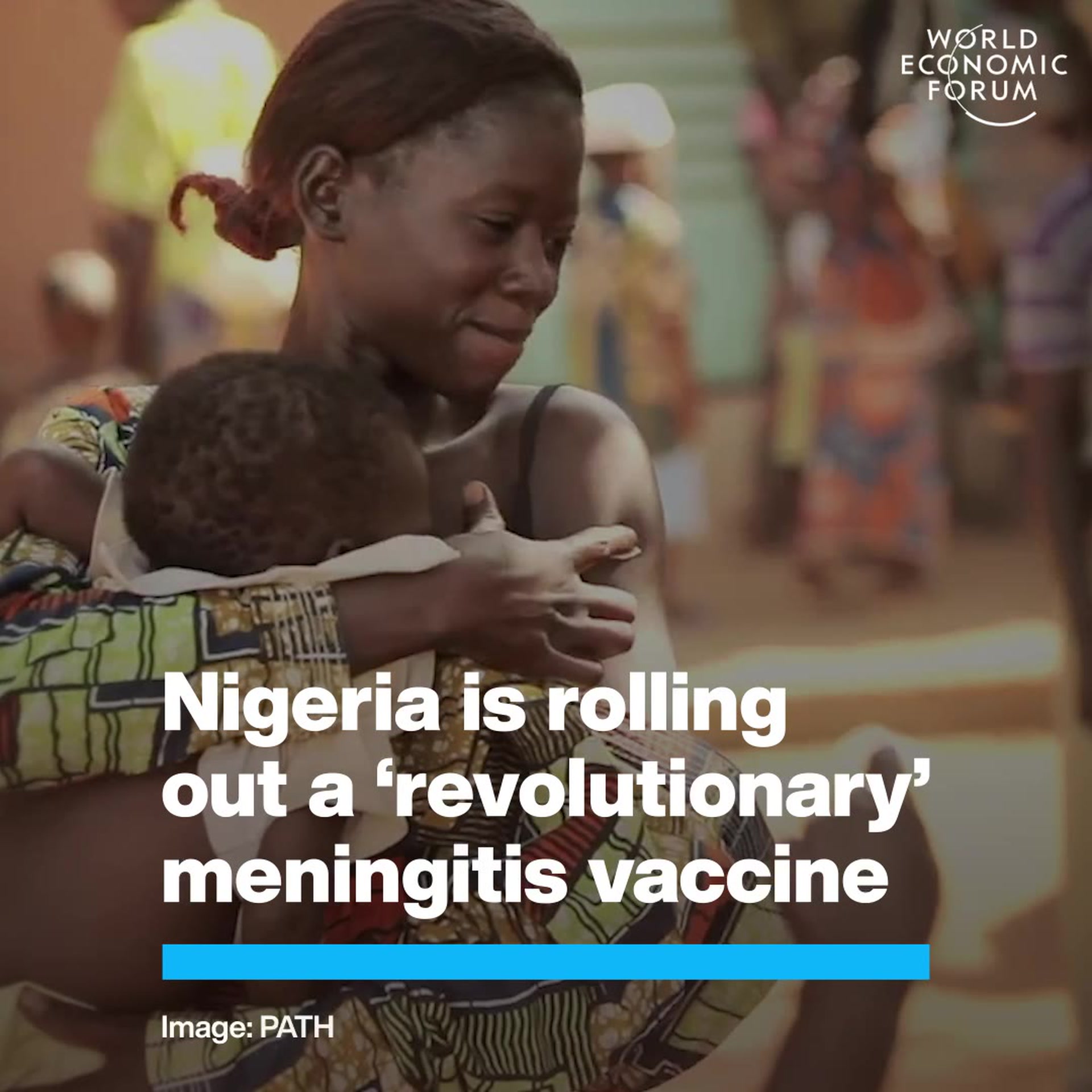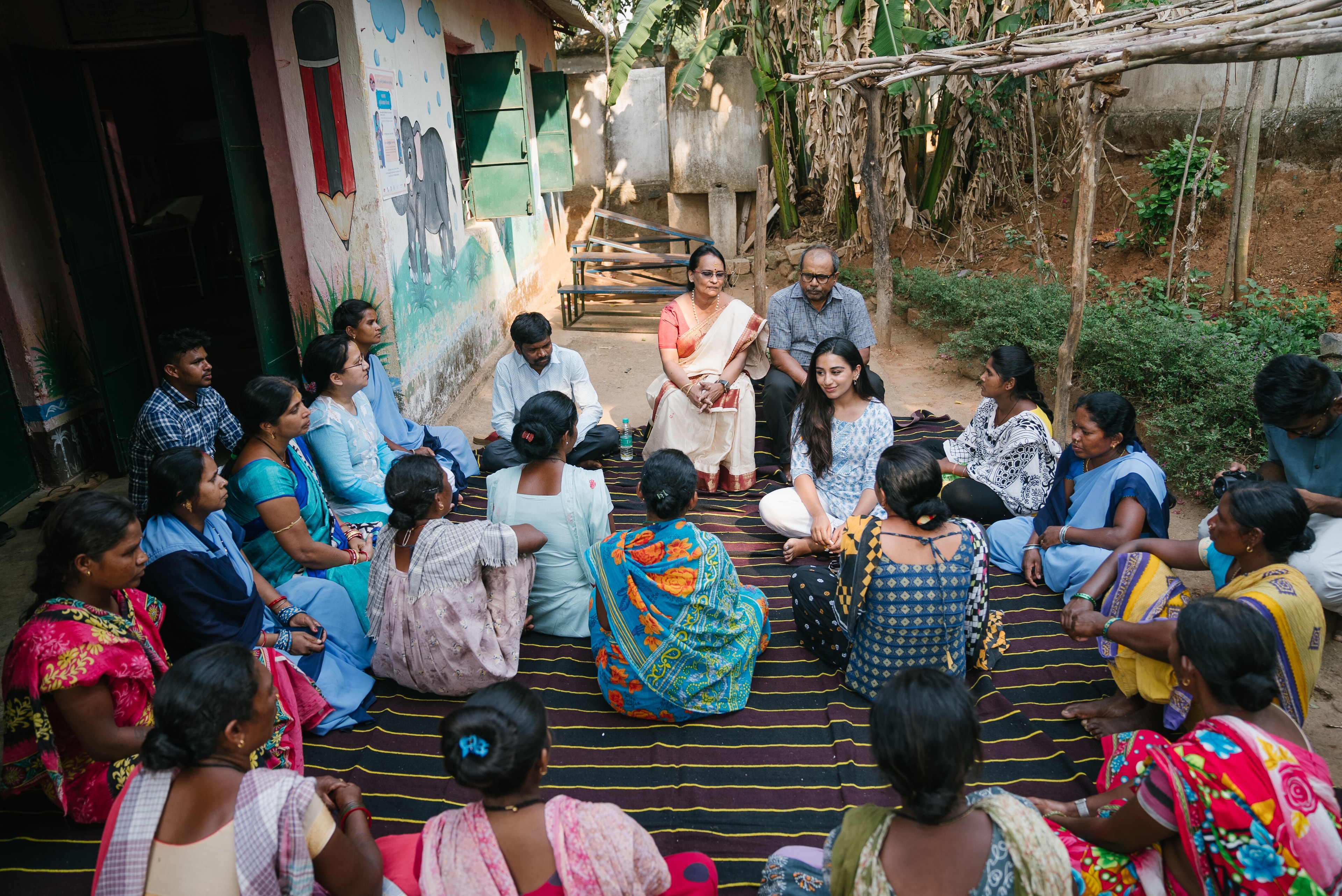What are variants of concern, and are COVID-19 vaccines effective against them?

The SARS-CoV-2 virus that causes COVID-19 is evolving as it circulates through different parts of the world. Image: Unsplash/Spencer Davis

Explore and monitor how COVID-19 is affecting economies, industries and global issues

Get involved with our crowdsourced digital platform to deliver impact at scale
Stay up to date:
COVID-19
Listen to the article
- The virus that causes COVID-19 is mutating constantly, and often these changes have little impact.
- But sometimes new variants present new threats.
- These can include being more transmissible or causing more severe symptoms.
- The WHO is currently tracking four 'variants of concern'.
We’ve recently been hearing virus-related terms such as mutations, variants of interest and variants of concern more and more. But what do they mean? And what can we do to protect against them?
As with other viruses, the SARS-CoV-2 that causes COVID-19 is evolving as it circulates through different parts of the world. The more opportunities a virus has to spread, the more it replicates – and this gives it more chances to mutate.
This happens because each time a virus spreads, its genome sequence – its set of genetic instructions – is copied, and often this results in tiny variations occurring. Mutations can emerge and disappear with little to no impact on the virus’s ability to cause infections and disease. But sometimes, depending where the changes are located in a virus’s genetic material, they can affect its properties.
This can lead to the virus behaving differently, for example by passing more easily from one person to another, causing more severe symptoms or reacting differently to vaccines.
What are variants of interest and variants of concern?
Variants of interest display changes that require further study, while variants of concern have demonstrated changes such as increased transmissibility or a change in clinical disease presentation.
The World Health Organization (WHO) is currently tracking transmission of four variants of concern around the world: B.1.1.7 – first identified in the UK; B.1.351 – first identified in South Africa; the P.1 variant – first identified in Japan from travellers from Brazil; and recently the B.1.617 – first identified in India.
In what is a rapidly changing situation, it’s important to stay informed about new variants. The latest information can be found on the WHO website. In this video, the organization’s Technical Lead, Dr Maria Van Kerkhove, explains more about the dominant variations currently in circulation.
What impact do COVID-19 variants have on vaccines?
The WHO works with health officials and scientists to understand how variants affect the virus’s behaviour – including their impact on vaccine effectiveness.
COVID-19 vaccines are expected to provide at least some protection against new variants, the organization says, because they create a broad immune response involving a range of antibodies and cells. There is evidence that vaccines are effective on some variants of concern, but more data is needed on newer variants such as B.1.617 to fully understand their implications.
Vaccine programmes are under way around the world, helping to combat the spread of COVID-19. Figures from Johns Hopkins University & Medicine show more than 1.7 billion vaccine doses have been administered worldwide.

What is the World Economic Forum doing to manage emerging risks from COVID-19?
Bodies like the WHO and the Centers for Disease Control and Prevention say we can protect ourselves and others with measures including:
- Getting a COVID-19 vaccine when available
- Wearing a mask covering your mouth and nose
- Practising social distancing
- Staying outdoors rather than inside where possible
- Avoiding crowded places and poorly ventilated indoor spaces
- Washing hands often.
Don't miss any update on this topic
Create a free account and access your personalized content collection with our latest publications and analyses.
License and Republishing
World Economic Forum articles may be republished in accordance with the Creative Commons Attribution-NonCommercial-NoDerivatives 4.0 International Public License, and in accordance with our Terms of Use.
The views expressed in this article are those of the author alone and not the World Economic Forum.
The Agenda Weekly
A weekly update of the most important issues driving the global agenda
You can unsubscribe at any time using the link in our emails. For more details, review our privacy policy.
More on Health and Healthcare SystemsSee all
Anna Cecilia Frellsen
May 9, 2024
Angeli Mehta
May 8, 2024
Emma Charlton
May 8, 2024
Kate Whiting
May 3, 2024
Kiran Mazumdar-Shaw
May 2, 2024






